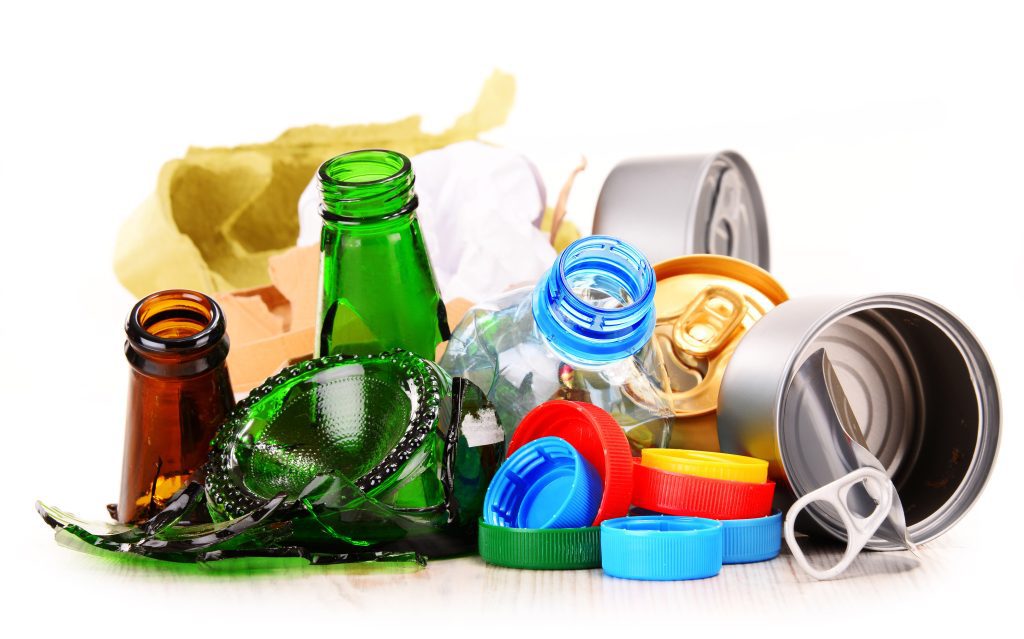Food waste recycling makes economic and environmental sense for businesses. Not only is it considerably cheaper than sending food waste to landfill or incineration, but recycling food waste enables the production of clean energy and organic fertiliser, and allows for the recovery and re-use of packaging materials.
In comparison, landfill is considered the last resort for food waste disposal. As well as being expensive it causes a number of environmental problems such as the destruction of habitats for local wildlife, the production of greenhouse gasses and the potential for pollutants to get into ground and surface water.
Incineration is also expensive and whilst it can at least produce energy from food waste materials, the process is inefficient and comes at a significant environmental cost. Incineration creates harmful chemicals and pollutants which can get into the air, water and food chain, and the process creates high CO2 emissions. Furthermore, incineration destroys potentially recoverable materials such as plastic packaging.
How can commercial food waste be recycled?
There are three key stages to recycling food waste most productively.
The first stage is to separate the food waste from its packaging, to sort it by material type and then to recycle each individual type of material so that it can be re-used. If you are sending food waste to be recycled, it’s worth checking how the packaging is recovered to ensure the maximum environmental benefit.
The second stage is to feed the food waste into an anaerobic digestion plant, where microorganisms break the organic material down to create methane gas and a slurry called digestate. The methane gas is captured and used to generate electricity. Some anaerobic digestion facilities are also able to generate biomethane gas which can be used as an alternative to fossil fuel gas, but without the CO2, which is captured at the point of production.
The third stage of recycling food waste, is to pasteurise the digestate to create liquid organic, nutrient rich fertiliser. Not only is this a useful by-product, but it is a by-product that is cheaper and in many ways superior to mineral or even traditional organic fertiliser. Digestate fertiliser made from recycled food waste provides a perfect blend of nutrients and micronutrients for agriculture, plus it’s good for the soil, and is produced with less environmental impact than traditional manufactured alternatives.
So, by recycling commercial food waste to recover the packaging materials, to generate energy without harmful emissions, and to produce environmentally friendly fertiliser, businesses have a cost effective, sustainable solution for their food waste management requirements.
Swancote Energy provides all of these services for commercial customers. Please get in touch on 01746 716400 or via enquiries@swancoteenergy.com
